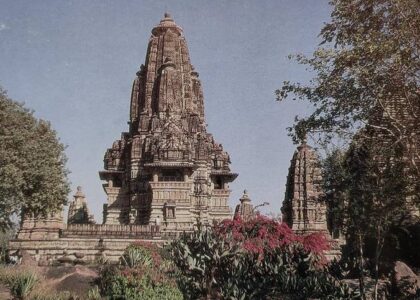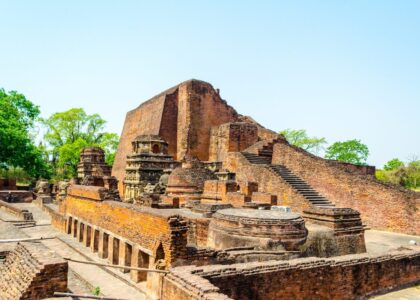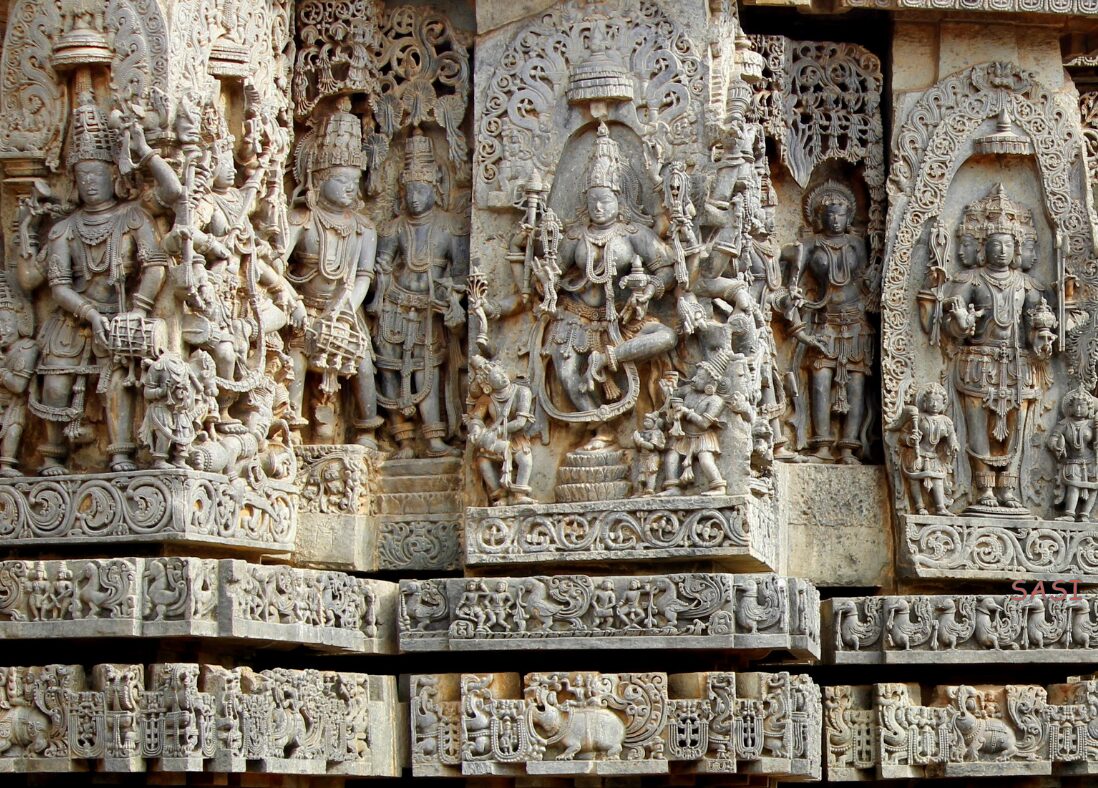India, a land of ancient civilizations and vibrant traditions, is home to an extraordinary array of museums that preserve its rich cultural tapestry. And every year, May 18th is celebrated as International Museum Day, a global initiative to raise awareness about the role of museums in cultural exchange, enrichment, and preservation of history. While India is home to grand institutions like the Indian Museum in Kolkata and the National Museum in Delhi, there exists an equally fascinating world of lesser-known, quirky, and regional museums across the country—quiet custodians of our diverse heritage. These hidden gems not only protect unique objects and narratives, but also encourage us to reflect on the evolving story of India. As National Museum Day approaches, it is the perfect occasion to celebrate these cultural treasures and explore why museums are essential for every city.
1.Fire and Flames: The Erandwane Fire Brigade Museum, Pune (Maharashtra):


Located within the Erandwane fire station in Pune, this museum is India’s only institution dedicated to firefighting history. It showcases vintage equipment such as a Rolls-Royce Dennis fire engine used during the 1961 Panshet Dam rescue operation, helmets from the British Raj era, and manual engines from pre-1914. Photographs documenting firefighting missions across India add depth to its narrative. This museum provides an enthralling glimpse into the evolution of firefighting techniques over the decades.
2. Rewinding Time: Rail Museum, Mysuru (Karnataka):

Often overshadowed by its Delhi counterpart, the Rail Museum in Mysuru is a charming, well-maintained space that captures the golden era of Indian railways. Visitors are treated to vintage coaches, locomotives, and an old Austin railcar. There’s even a toy train ride for children, making it a family-friendly stop. What makes this museum unique is its regional lens—it focuses on the Southern Railway’s heritage, blending history with nostalgia and hands-on learning.
3. Wings of Wonder: Indian Air Force Museum, Palam (Delhi):


While most Delhiites know their history museums, not many have visited the Indian Air Force Museum at Palam, a lesser-known but spectacular tribute to India’s aviation legacy. From fighter jets and transport planes to war trophies and rare photographs, this museum captures the courage and technological prowess of India’s air warriors. It was established in 1967 and exhibits details about combat operations undertaken by the air force.
4.Sulabh International Museum of Toilets, Delhi:


One of India’s quirkiest museums, this institution traces the history of sanitation through artifacts and pictures. Founded by Dr. Bindeshwar Pathak, it showcases toilets from ancient civilizations to modern innovations, highlighting cultural and technological aspects of sanitation. The museum promotes awareness about this essential yet often overlooked aspect of human life.
5. The Mirror of Kitchen Culture: Vessel Museum (Vechaar), Ahmedabad:


This unique museum showcases over 4,500 vessels made from brass, clay, glass, and other materials collected from across India. It offers insights into everyday objects used by various civilizations throughout history—highlighting how even mundane items can tell fascinating stories.
6. A Museum of Memories: The Partition Museum, Amritsar (Punjab):


This emotionally powerful museum chronicles the trauma and resilience of millions during the 1947 Partition. Using oral histories, personal belongings, and multimedia, the museum gives voice to a generation that witnessed one of the largest mass migrations in human history.
7. The World of Currency: RBI Monetary Museum, Mumbai (Maharashtra):


Located in the heart of Mumbai’s financial district, the Reserve Bank of India’s Monetary Museum is a treasure trove of information on India’s monetary history. From cowrie shells and ancient coins to colonial-era currency and modern banknotes, the museum offers insights into how currency evolved with the nation’s economy and identity.
8. Threads of History: Calico Museum of Textiles, Ahmedabad (Gujarat):


Housed in a beautiful haveli, the Calico Museum is one of the finest textile museums in the world. It preserves centuries of craftsmanship, from Mughal tapestries to traditional regional weaves. The museum not only serves as an archive of textile history but also celebrates India’s legacy of artisanal excellence.
9. Sundarbans Interpretation Centre, Jharkhali (West Bengal):


This underrated museum in the heart of the Sundarbans region is an ecological treasure. It helps visitors understand the unique biodiversity of the mangroves, the cultural lives of people who inhabit the delta, and the conservation efforts being made to protect endangered species like the Royal Bengal Tiger.
10. Don Bosco Centre for Indigenous Cultures, Shillong (Meghalaya):


A multi-floor museum with interactive and visually engaging displays, this is one of the largest museums in India dedicated to the indigenous cultures of the Northeast. Exhibits range from tribal homes and musical instruments to religious practices, weaving traditions, and agricultural tools. It’s a one-stop window into Northeast India’s extraordinary diversity.
The Role of Museums in Society:
Museums are more than just repositories of artifacts; they are living spaces that preserve history while fostering education and dialogue. They serve as bridges between the past and present, offering visitors an opportunity to understand their roots and cultural identity. Beyond their cultural significance, museums contribute to the economy by driving tourism and creating jobs. Most importantly, they are spaces for community engagement, where diverse perspectives come together to explore shared histories and artistic expressions. And Modern museums are evolving into interactive and inclusive spaces through workshops, digital archives, heritage walks, and community events. This transformation makes museums places of learning and dialogue, not just viewing.
Every city needs a museum because:
A museum is not just a building—it is a city’s memory keeper. It tells the story of its people, evolution, values, struggles, and achievements, it isn’t merely a tourist attraction anymore but acts as a hub for preserving local heritage. Museums inspire curiosity in younger generations while instilling pride in the history of a region. They are vital tools for fostering civic identity and encouraging people to appreciate the stories that define their hometowns.
A Visit to Your Own Past:
Museums are not about the past alone—they are about understanding the present and imagining the future. This May, on International Museum Day, I urge you to visit a museum near you. You might walk out with a story that stays with you forever.

Juie Kulkarni is an Indologist and an ardent conservator, actively associated with Pune’s heritage by working for cultural mapping projects, and by promoting and researching on the architectural treasures . Having completed her graduate studies in commerce from Symbiosis, she sincerely pursued her passion for Heritage conservation and allied fields from some of the esteemed organizations of the country. Loves to explore the undiscovered places and stories hidden behind them.





